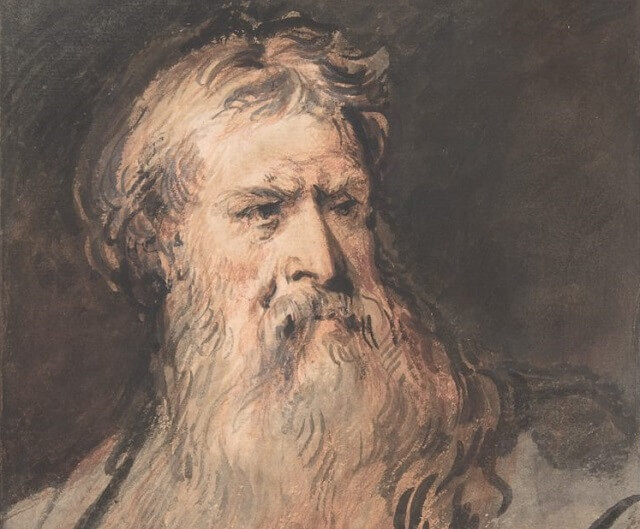
Was Moses’ complaint appropriate?
When his initial efforts to free the Jewish slaves only resulted in Pharaoh issuing even harsher decrees, Moses complained bitterly to God:
God, why do You mistreat Your people? Why did You send me? From when I came to Pharaoh to speak in Your name, he made things even worse for these people. You have not rescued Your people! (Exod. 5:22-23)
The Midrash says that Middat haDin, the Attribute of Justice, sought to punish Moses for his harsh words. But God saw that Moses only spoke for the sake of the Jewish people, and he was not punished (Shemot Rabbah 5:27).
What exactly was Moses’ sin that he deserved to be punished? And what did God ’see’ that determined Moses was not in the wrong?
The Sick Friend
Rav Kook explained the incident with the following parable:
Once there were two good friends, but one friend was seriously ill. His doctor determined that he could only save his life by performing a very painful operation.
During surgery, the doctor did not hold it against the patient when he moaned and wept. The poor man was in great pain, and his response was to be expected.
But when his healthy friend also wailed and cried out — the doctor ordered him to quiet down. The doctor interpreted his cries as a lack of faith in his medical skill, and even questioning the need for the painful procedure.
Feeling Their Pain
The Hebrew slaves, Rav Kook explained, were like the ill patient. Divine providence decreed that the Jewish people needed to undergo Pharoah’s harsh decrees in order to be redeemed, like a painful operation necessary to save the patient’s life. When the Israelites cried out under the oppression and persecution of Egypt, that was understandable.
But Moses — why was he complaining? Did he not have faith in God’s ability to redeem Israel? The Attribute of Strict Justice objected to Moses’ complaints; this lack of faith should be rebuked and punished.
But the One who “searches the heart and examines the mind” saw into the depths of Moses’ heart. Moses was like a dear friend who cannot help but share in his friend’s pain. When the doctor operated on his friend, he felt as if the knife was slicing his own flesh.
“Moses is speaking for the Jewish people,” God pronounced. He did not deserve to be punished. The “faithful shepherd” cried out spontaneously, in his great love for his people.
This is the model for a true leader. The people are not a stepping stone to attain high office. They are the goal of public service.
As chief rabbi, Rav Kook was keenly aware of his duty to serve the people. Often he would sign his letters, עבד לעם קדוש — “servant to a holy nation.”
(Adapted from Mo'adei HaRe’iyah, pp. 233-234)